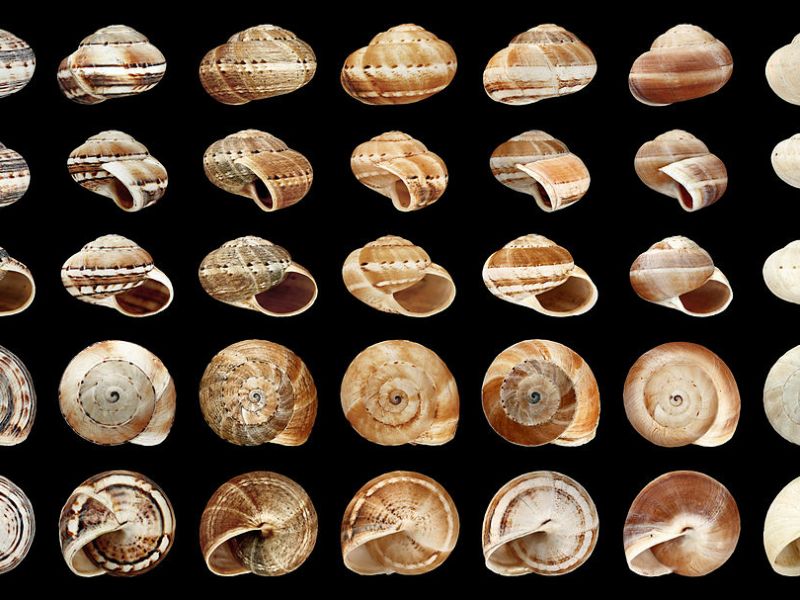
The anatomy of search: Variation under nature
A galloping overview Let’s first get a bird’s-eye view of the parts of the search process: text comes in and gets processed and stored in a database (called an index); a user submits a query; documents that match the query are retrieved from the index, ranked based on how well they match the query, and….
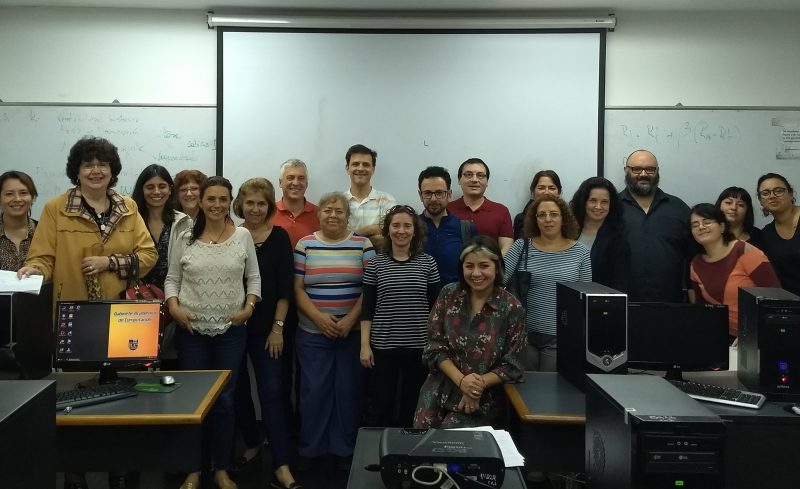
1Lib1Ref spreads to the Southern Hemisphere and beyond
#1Lib1Ref is an annual campaign where librarians and other contributors to Wikipedia add references to improve statements with the ultimate objective of improving the reliability of Wikipedia. In 2018, the Iberocoop Network participated in the #1lib1ref campaign (1bib1ref in Spanish) in Latin America. The campaign ran for three weeks in May 2018, to commemorate the….
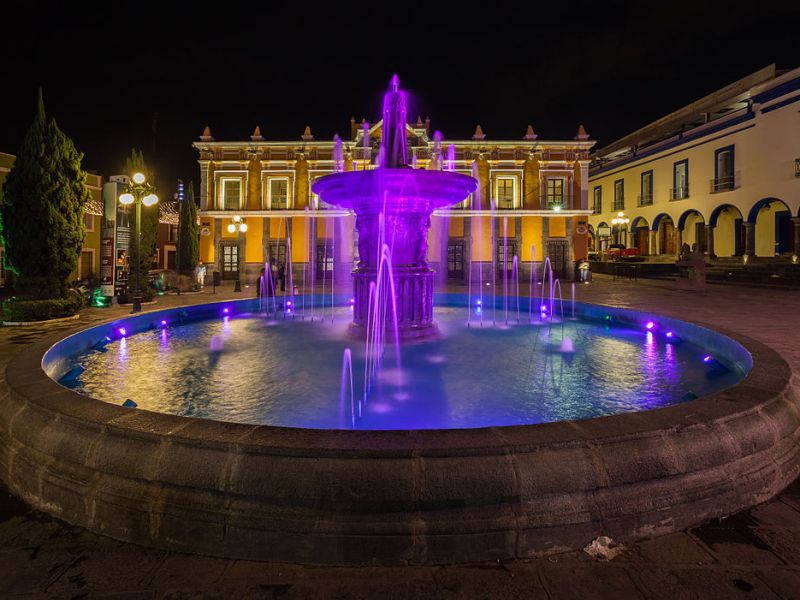
Editatona wins the 2018 FRIDA award
You can read this post in the original Spanish on Wikimedia Mexico’s blog. Editatona, Wikimedia Mexico’s initiative to reduce the gender gap on Wikipedia and Wikimedia projects, won the 2018 Premio del Fondo Regional para la Innovación Digital en América Latina y el Caribe (abbreviated FRIDA, and translated as “Award for the Regional Fund for Digital….
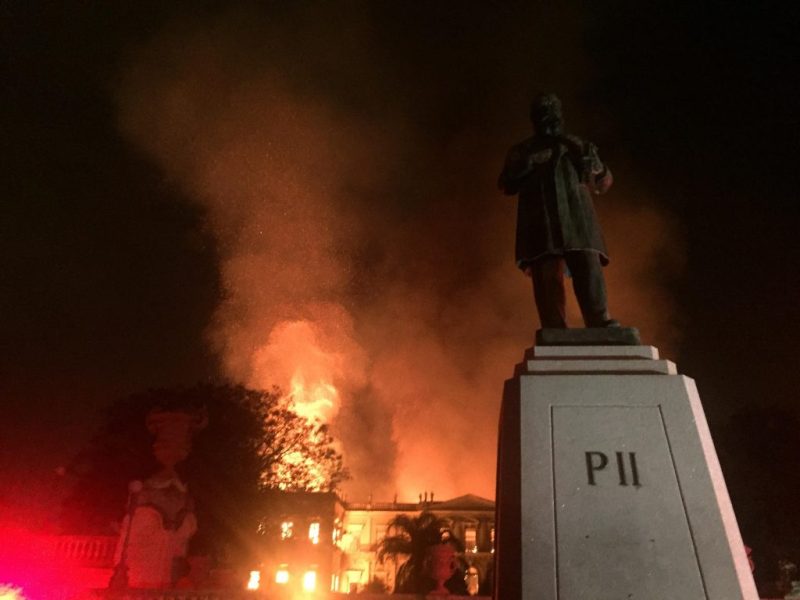
After a catastrophic fire at the National Museum of Brazil, a drive to preserve what knowledge remains
On 2 September, disaster struck the National Museum of Brazil: a massive fire devastated the building and its extensive holdings. Centuries of cultural heritage, including recordings of dead languages and ancient artifacts from pre-Columbian times, were lost. But amid the carnage and destruction, a movement has risen—one with the aim of adding as much knowledge….

Why Wikipedia has an article on Doria Ragland, mother of Meghan Markle
Last May, Prince Harry, fifth in line to the British throne, married Meghan Markle, an American actress and activist. The event captivated millions upon millions of people for several weeks, and many of them journeyed to Wikipedia to read the encyclopedia’s curated content about the British monarchy, the wedding plans, and the people involved. Unfortunately,….

Introducing global preferences across Wikimedia wikis
There are a lot of Wikimedia wikis. Wikipedia is the best-known of them all, but there’s also Commons, Wikiquote, Wikisource, Wiktionary, and more. Also, each of these sites is available in multiple languages. Wikipedia, for example, has nearly 300 language editions. The newest launched just this week. Until this month, each wiki and language version….
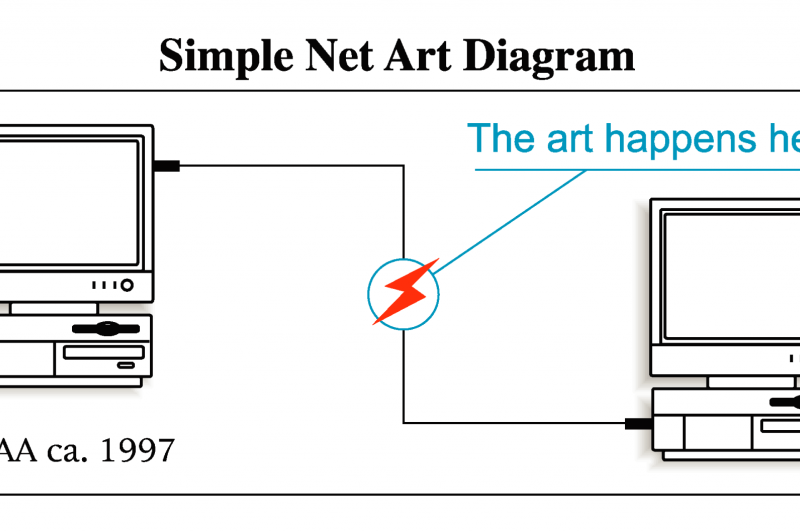
Many faces of Wikibase: Rhizome’s archive of born-digital art and digital preservation
Rhizome, an arts organization in New York City, was one of the early adopters of Wikibase, having been using it since 2015 for its archive of born-digital art and digital preservation activities. Sandra Fauconnier interviewed Dragan Espenschied (Rhizome’s preservation director), Lyndsey Moulds (software curator), and Lozana Rossenova (external Ph.D. researcher) to ask them why and….
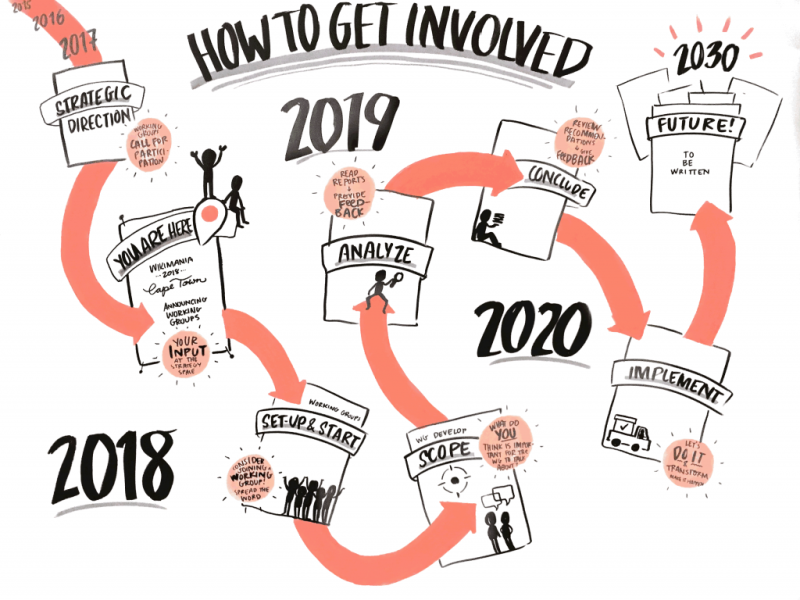
What took place during the movement strategy discussions at Wikimania 2018
The Wikimedia 2030 Strategy Process is about addressing complex challenges and seizing the opportunities for the Wikimedia movement, now and in the future. It is a process initiated by the Wikimedia Foundation, seeking broad affiliate and community involvement on a global scale. Currently, the Strategy Process focuses on determining how the movement needs to change….

Your internet is under threat. Here’s why you should care about European Copyright Reform.
You can also read this post in Spanish and in French. Back in 2001, the European Parliament came together to pass regulations and set up copyright laws for the internet, a technology that was just finding its footing after the dot com boom and bust. Wikipedia had just been born, and there were 29 million websites. No one….
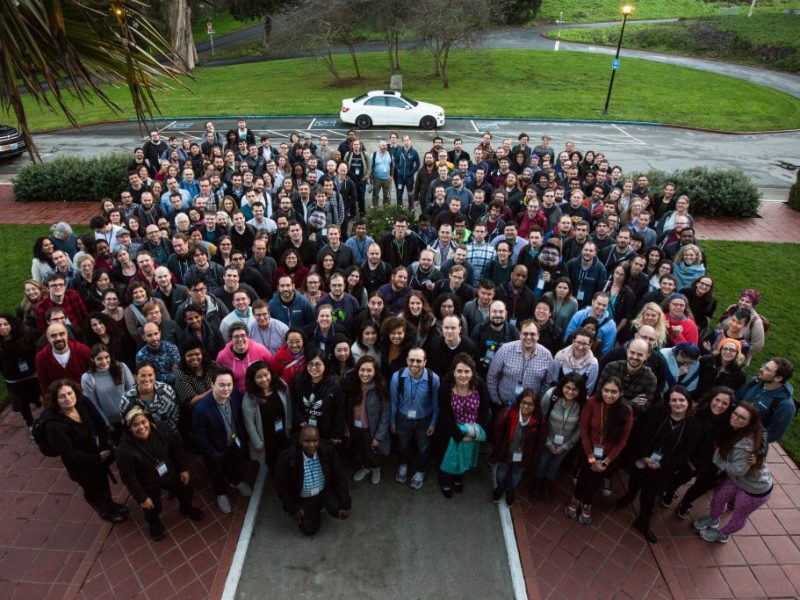
Diversity and inclusion information for Wikimedia workers, by the numbers
The Wikimedia vision is a world in which every single person can freely share in the sum of all knowledge. We believe knowledge belongs to everyone, and that people from diverse backgrounds should be empowered to participate in the collaborative creation of knowledge. While we often discuss diversity and inclusion in the context of the….